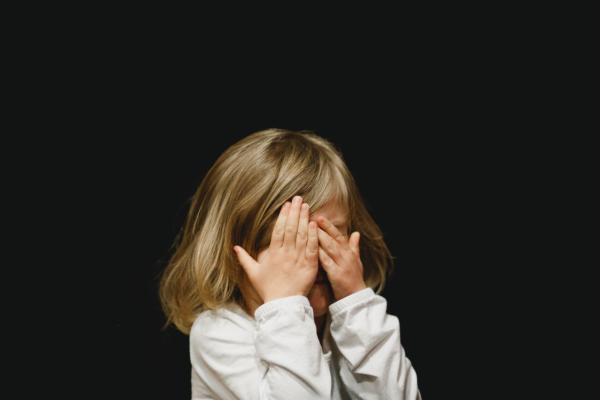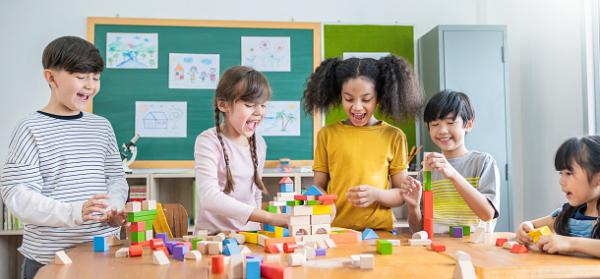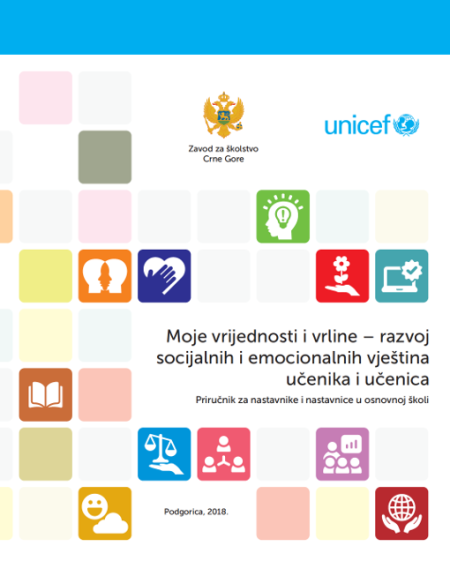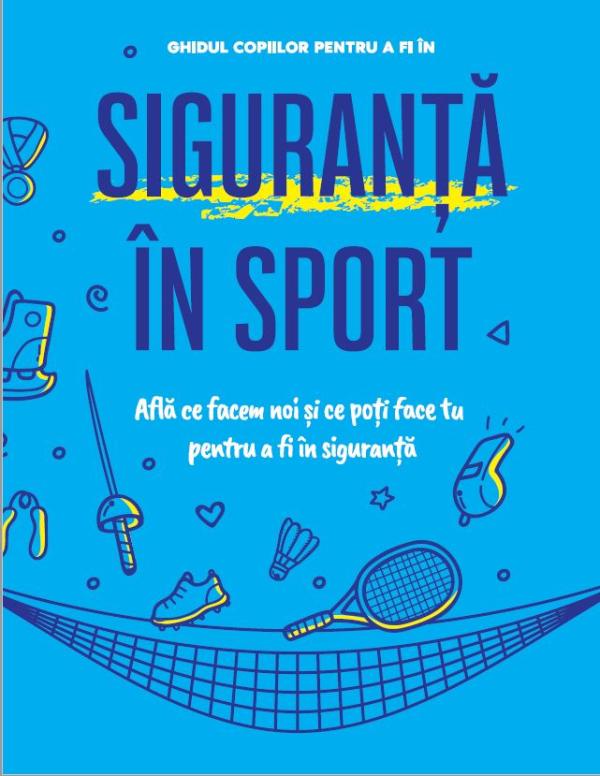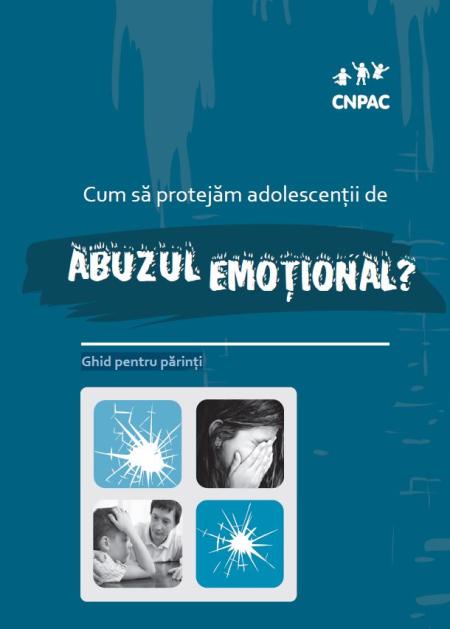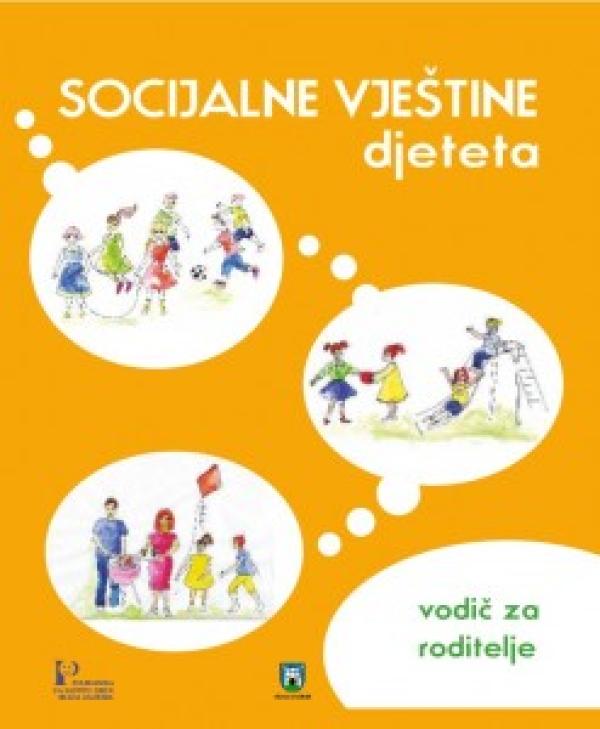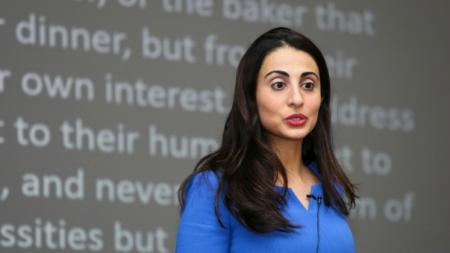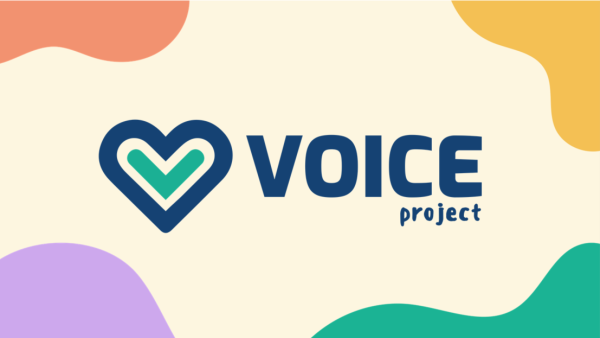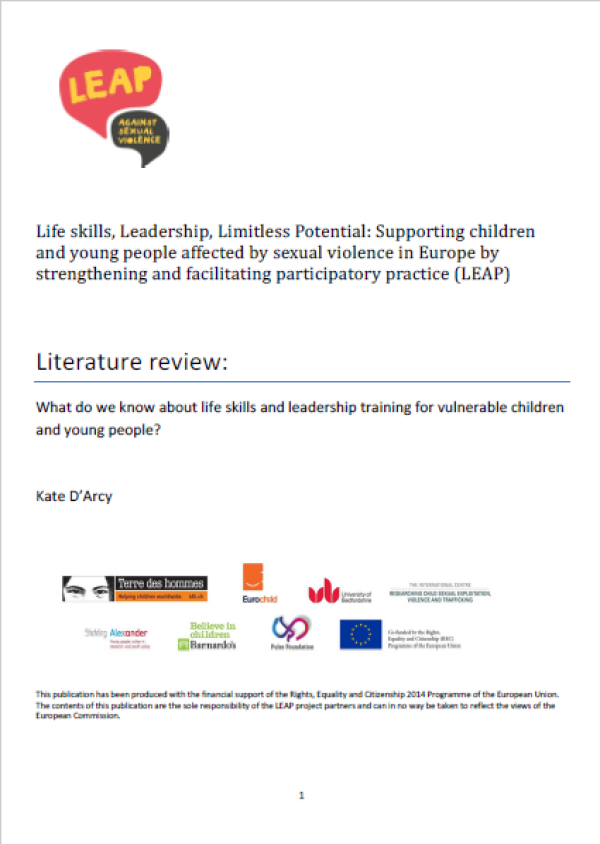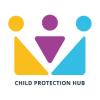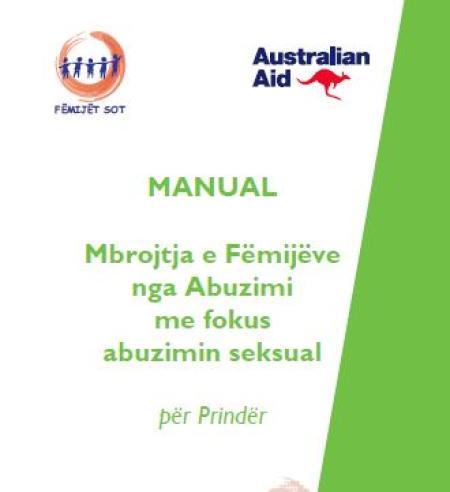
A study by the University of Georgia found a connection between the traumatic experiences of parents in childhood and their failure to transfer emotional skills to their children. This topic is so important because it shows how neglect in childhood can affect entire future generations.
Two studies that look at the power of trauma
Holocaust survivors are an example of how memories can become a lifelong burden. But now, Dr Hendrix, lead researcher on the possibilities of pregnancy transferring trauma and her team, have shown that children who are born to mothers with trauma have a higher likelihood of experiencing it themselves.
Now, researchers look at the impact of abused parents on children
It is most important for parents to teach a child emotional skills, but what happens if the parents themselves do not have them?
Parents who have suffered abuse have difficulty passing on the necessary emotional skills to their child, and as children emulate their parents, they may also have difficulty regulating their own emotions when exposed to stress.This can affect all their future relationships.
‘It’s harder to train someone to manage their emotions later in life’
According to Kimberly Osborne, it’s a lot harder to train someone to manage their emotions later in life, so understanding of transmission pathways and the risks of regulation difficulties later in life, can help break the pattern.
Boys struggled more with emotional regulation than girls
The study found that boys were specifically more vulnerable to emotional regulation difficulties when their parents also struggled with emotion regulation.

You might like..


